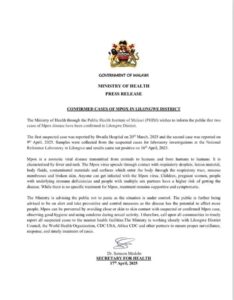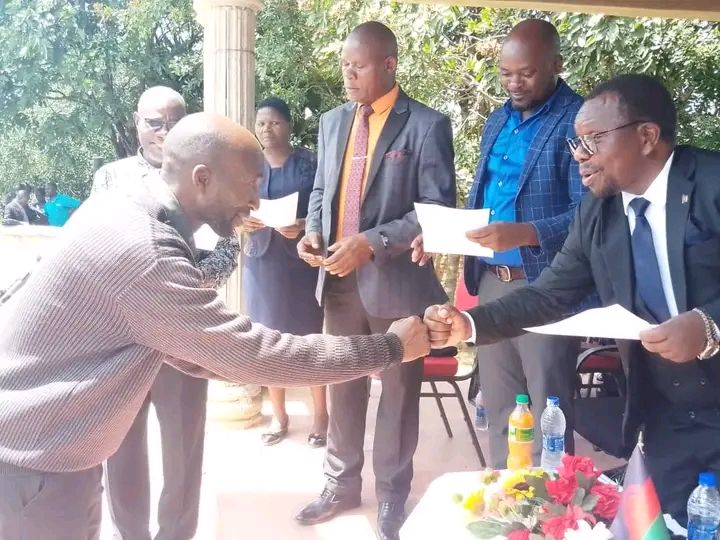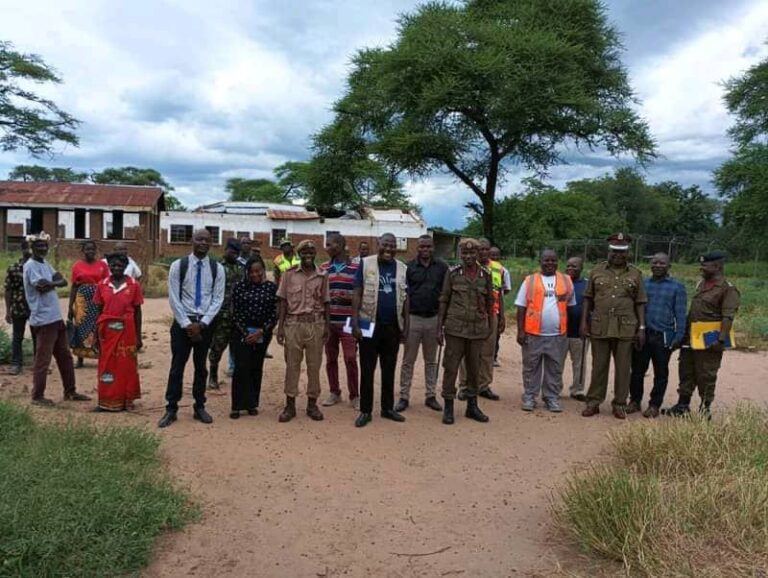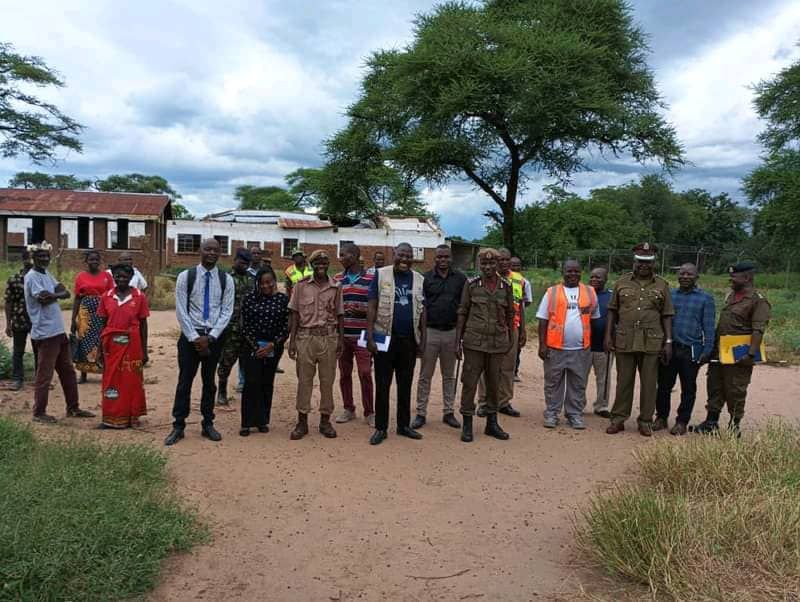By Jones Gadama
The trial of a Pakistani citizen and nine others accused of defrauding four commercial banks in Malawi continued on Thursday with the state parading its ninth witness, Grace Liyati Mtunthama, who testified in court.
The accused are alleged to have obtained loans amounting to K20.9 billion from Standard Bank Limited, Ecobank Malawi Limited, CDH Investment Bank, National Bank of Malawi, and Export Development Bank using false pretenses.
Mtunthama, who was Regional Manager for Cotton Ginners Africa Limited in Mangochi, told the court that she received over K382 million to buy 990 kilogrammes of cotton for the company.

Her testimony is crucial to the case, as one of the accused, Rehman Abdulla, is alleged to have obtained loans using property of Cotton Ginners Africa Limited as collateral.
The state prosecutor, Pempho Likongwe, expressed satisfaction with the progress of the case, which has been ongoing since 2017.
“We are happy with the progress of the case, and we are confident that justice will be served,” Likongwe said.
The case has a long history, dating back to 2017 when Abdulla left the country for Pakistan with his family.
His company, Cotton Ginners Africa Limited, later filed for bankruptcy at the High Court Commercial Division in Blantyre, but the four banks affected by the alleged fraud challenged the move.
The case has undergone several developments, including a change of judge.
Supreme Court Judge Sylvester Kalembera, who was initially presiding over the case, was promoted in June 2022, and the case was subsequently assigned to High Court Judge Anneline Kanthambi.
The hearing of the case has been adjourned to May 28 to 30, 2025, allowing the state to continue presenting its witnesses.
The accused persons are expected to defend themselves against the allegations of fraud, which they have denied.
The case has significant implications for the banking sector in Malawi, highlighting the need for robust risk management systems to prevent similar cases of fraud in the future.
The outcome of the case will also have implications for the accused persons, who face serious penalties if convicted.
As the case continues, the state is expected to present more witnesses to testify against the accused persons.
The defense team is also expected to present its case, and the court will ultimately determine the guilt or innocence of the accused.
The case has been closely watched by the business community, which is eager to see justice served.
The allegations of fraud have raised concerns about the vulnerability of the banking sector to financial crimes, and the need for stricter regulations to prevent such cases in the future.
The trial of the Pakistani citizen and nine others accused of defrauding banks is a significant case that highlights the importance of robust risk management systems in the banking sector.
The outcome of the case will have far-reaching implications for the accused persons, the banking sector, and the business community at large.
The case also underscores the need for effective law enforcement and judicial systems to prosecute financial crimes.
The state has a critical role to play in ensuring that justice is served, and that those who engage in financial crimes are held accountable.
As the case continues, it is essential to ensure that the judicial process is fair and transparent.
The accused persons have the right to a fair trial, and the state has the responsibility to prove its case beyond a reasonable doubt.
The outcome of the case will be closely watched, and it is expected to send a strong message about the consequences of engaging in financial crimes.
If convicted, the accused persons will face serious penalties, including imprisonment and fines.
Ultimately, the case highlights the importance of integrity and accountability in business transactions.
The banking sector plays a critical role in the economy, and it is essential to ensure that it is protected from financial crimes.
The case serves as a reminder of the need for vigilance and robust risk management systems to prevent similar cases of fraud in the future.








